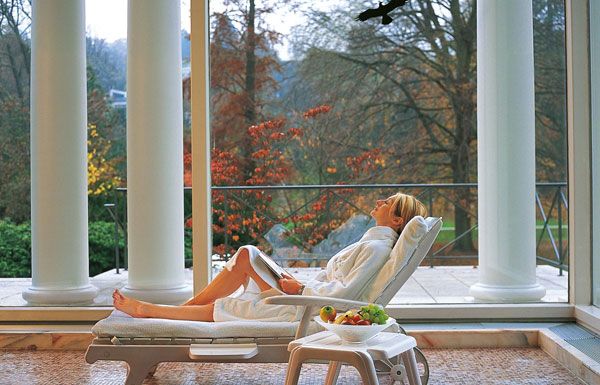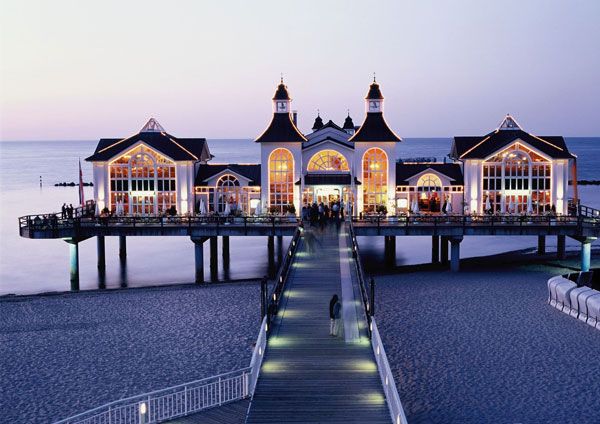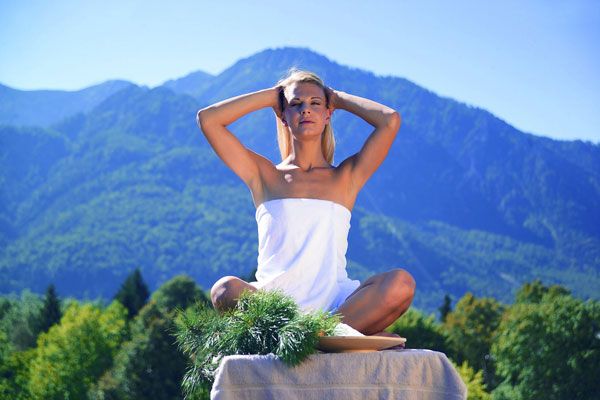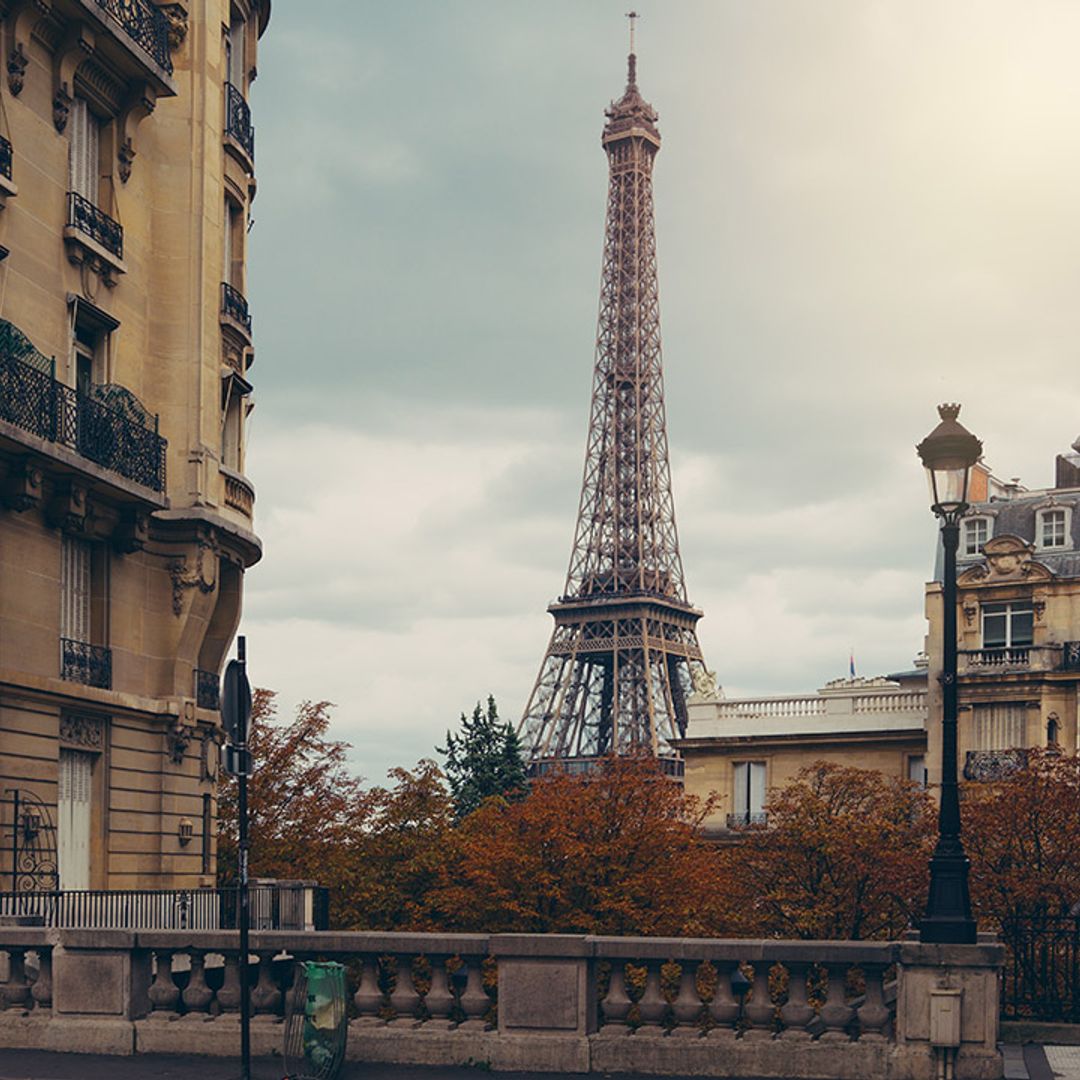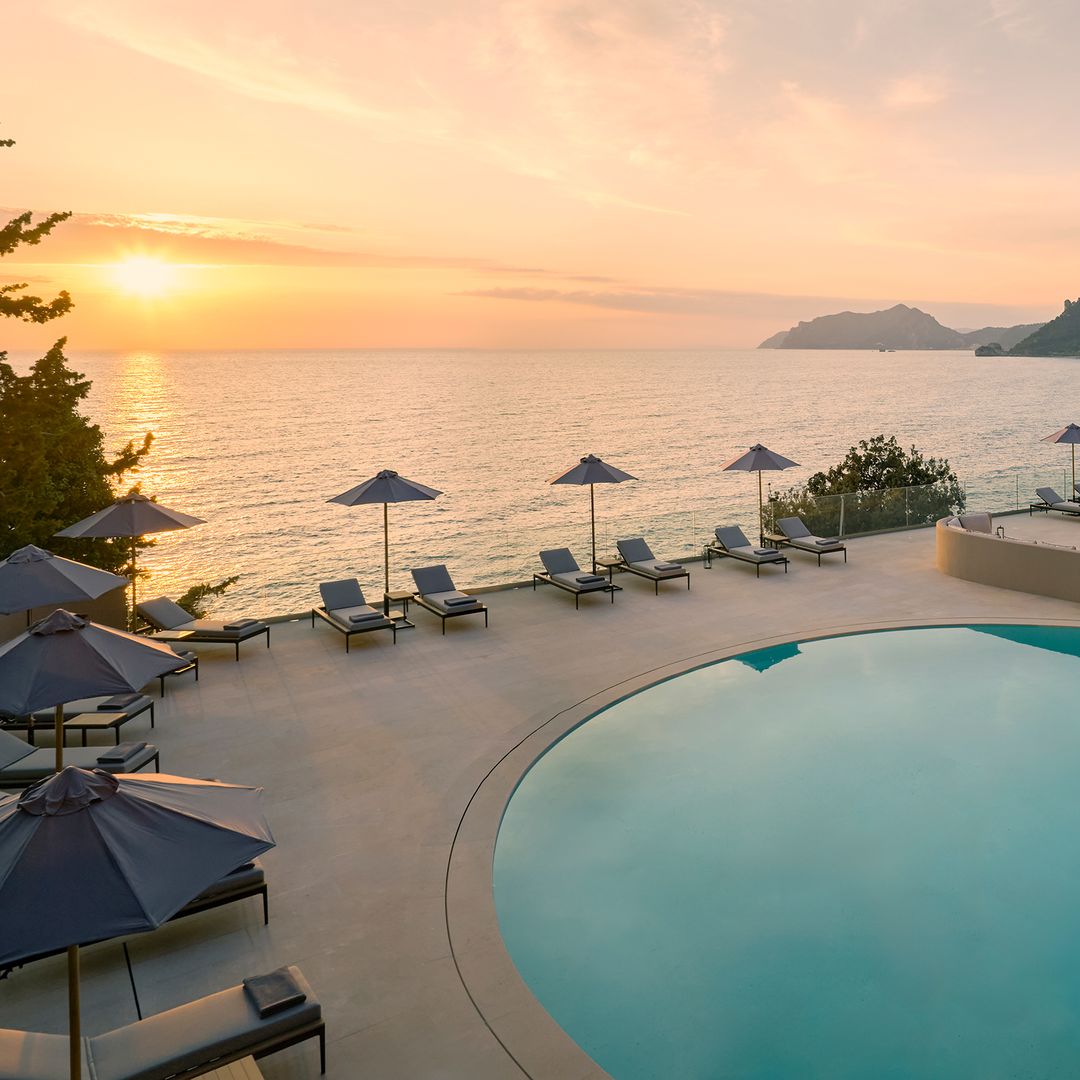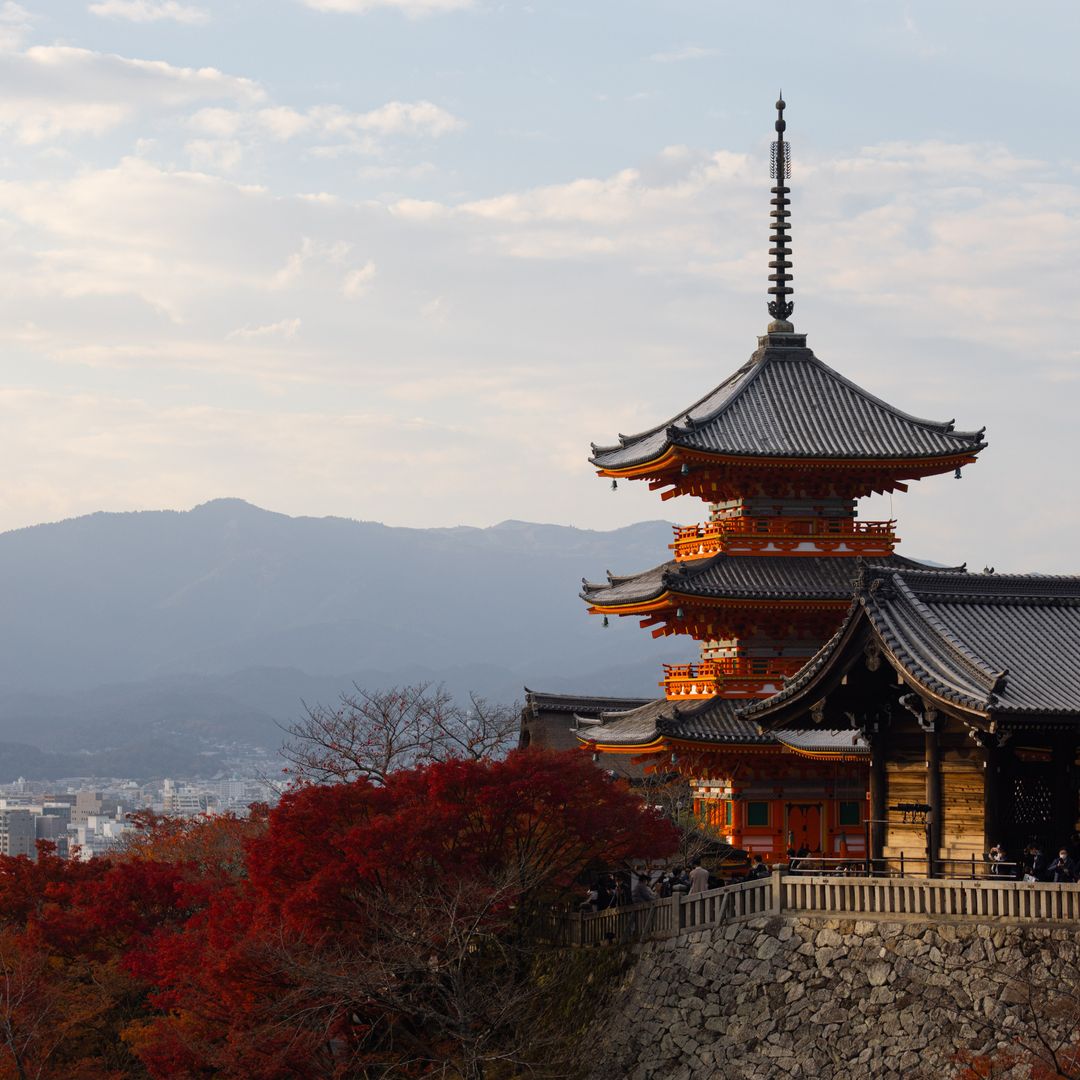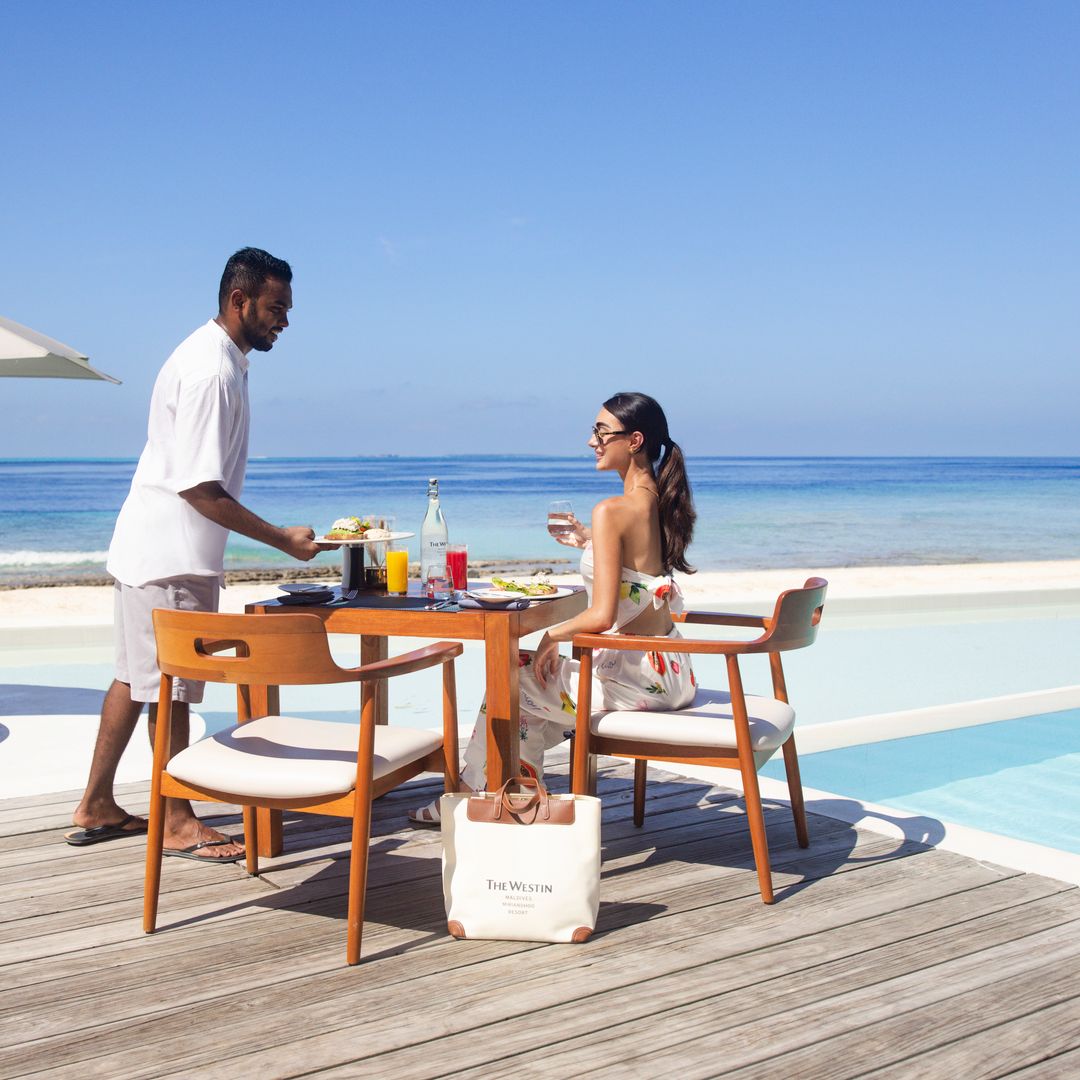Do you fancy an escape from the daily grind, a chance to recharge your batteries after the excesses of mid-winter, to pamper yourself, mind, body and spirit? It's a good time to be thinking about a little 'me' time. And Germany knows all about health and wellness, as well as having a huge range of cultural, artistic, gastronomic and natural attractions to complete the picture.
In the western foothills of the Black Forest, the spa town of Baden-Baden is one of the most appealing destinations. The healing qualities of the water that flows up from artesian wells nearly 2,000 metres underground was already recognised by the Romans, who established baths here in the first century. During the nineteenth century, the town enjoyed a resurgence in popularity, becoming the 'summer capital' of the whole of Europe. Today, the springs flow unabated, and the world-class Caracalla Therme, the historical Roman-Irish Friedchsbad, and the range of beauty and health treatments on offer at Baden-Baden's exclusive spa hotels – Brenner’s Park Hotel & Spa, Dorint Maison Messmer and the Badischer Hof Hotel – combine with the artistic and cultural attractions of the town to guarantee the highest level of rest and relaxation.
Bavaria, in the south east of Germany, covers almost a fifth of the country's total area and its natural treasures include two major rivers, the Bavarian Alps and extensive forests, which together create a landscape that is well worth taking time to discover. After spending the day walking, climbing, hiking or simply enjoying the views, what could be better than to let yourself be pampered at one of the 111 hotels and 37 sites in the state that have been granted the 'WellVital' quality seal?
The tranquil pace of life in the state of Rhineland-Palatinate makes this famous wine-producing region perfect for relaxation. Here, you'll find romantic castles, medieval villages along the banks of the Rhine, hiking and biking trails, dormant volcanoes and lively cities, hillsides carpeted with vineyards, great mountains and picturesque river valleys. Under the name 'Ich Zeit' – 'me time' – the region has its own quality brand that represents a modern wellness philosophy based on the triple foundation of slowing down, wellbeing and health.
Of course Germany boasts coastline, too, both on the North Sea and on the Baltic. A visit to the Baltic coast provides the opportunity to try a seaweed treatment or a massage with the famous medicinal chalk from the island of Rugen. These are just two of therapies on offer from the wellness hotels in the area that specialise in thalassotherapy, exploiting the beneficial effects of sea-water and marine products from the region. The area also offers all sorts of sports and activities for outdoors enthusiasts, as well as a tasty cuisine rich with delights from the Baltic Sea.
Lower Saxony is yet another area with traditional spa towns of international repute, particularly the state of Hesse, home of Wiesbaden, known affectionately as the 'Nice of the North'. Here, the curative and medicinal effects of over two dozen thermal springs can be enjoyed at a wide range of specialised medical centres and clinics.
In total, Germany boasts over 350 centres, hotels and thermal baths awarded the 'wellness spa' quality seal, all focused on improving the health and wellbeing of their guests and customers. There are all types of medical therapies and beauty treatments on offer, as well as plenty of sports and outdoor activities in the beautiful German countryside. Over 30 centres offer integral wellness experiences where expert teams of doctors, therapists, coaches and trainers combine their skills to harmonise body, mind and spirit through exercise, nutrition, relaxation, communication and revitalisation.
A wellness break in Germany also provides a chance for healthy eating, and wherever you go, a journey of culinary discovery awaits you. Each area has its own specialities, based on fine local produce: fish and sea food from the north, fruit from the reclaimed marshlands of Altes Land, potato dumplings in the east, the roasts of the Rhineland, egg pasta, and flour products from the south and, of course, the wines from thirteen different wine regions, each with its own culture and traditions.
Further information:German Tourist Board
